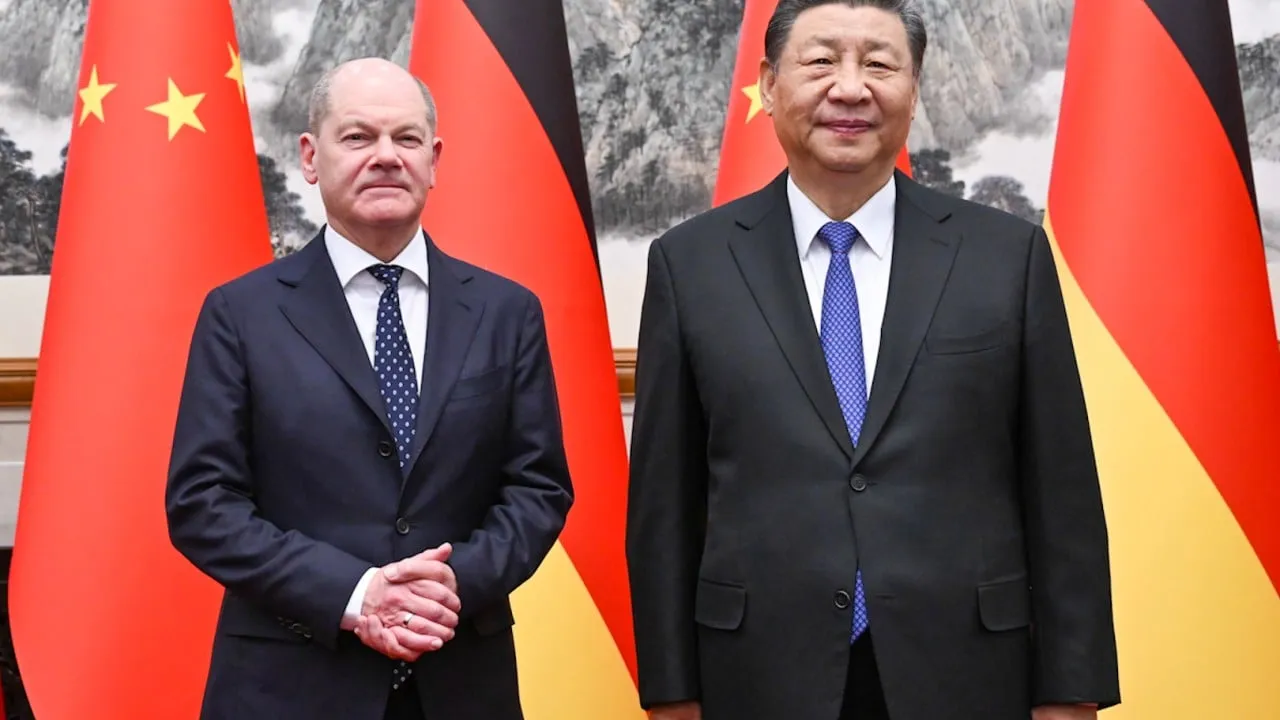German Chamber of Commerce in China: The Role of Technological Innovation Amidst Price Wars

German Chamber of Commerce Emphasizes Innovation
The German Chamber of Commerce in China has found that technological innovation is essential for German firms to navigate price wars in China. A recent survey indicates that 63% of German companies are conducting research and development (R&D) in China, reflecting a significant increase in business strategies aimed at enhancing competitiveness.
Strategies for Competitive Edge
According to Martin Klose, executive director at the German Chamber of Commerce, there is a growing trend for German companies to invest in strategic partnerships and local innovation to remain competitive in the electrifying market of electric vehicles.
- 69% of German firms are actively developing new technologies in China.
- Over half aim to increase brand recognition and access both existing and new markets.
- Many firms acknowledge that their innovation cycles lag behind their Chinese counterparts.
In contrast, American firms like IBM are withdrawing R&D efforts from China, signaling a possible decline in collaboration.
The Growing Need for Speed
The ability to shorten product development timelines is essential, especially in sectors such as electric vehicles. With Chinese companies innovating faster, German firms feel the pressure and must adapt.
- Over 80% of German companies state that price sensitivity drives their rapid innovation.
- Geopolitical dynamics are complicating cross-border investment.
- China’s focus on AI and technological advancements is reshaping economic strategies.
As the Chinese economy continues evolving, understanding local market needs becomes crucial for German automotive and tech suppliers.
Conclusion: Innovation as a Catalyst
Chinese automotive suppliers and their German counterparts must innovate swiftly to maintain a solid market position. The focus on technological innovation could redefine competitive strategies in the future.
This article was prepared using information from open sources in accordance with the principles of Ethical Policy. The editorial team is not responsible for absolute accuracy, as it relies on data from the sources referenced.